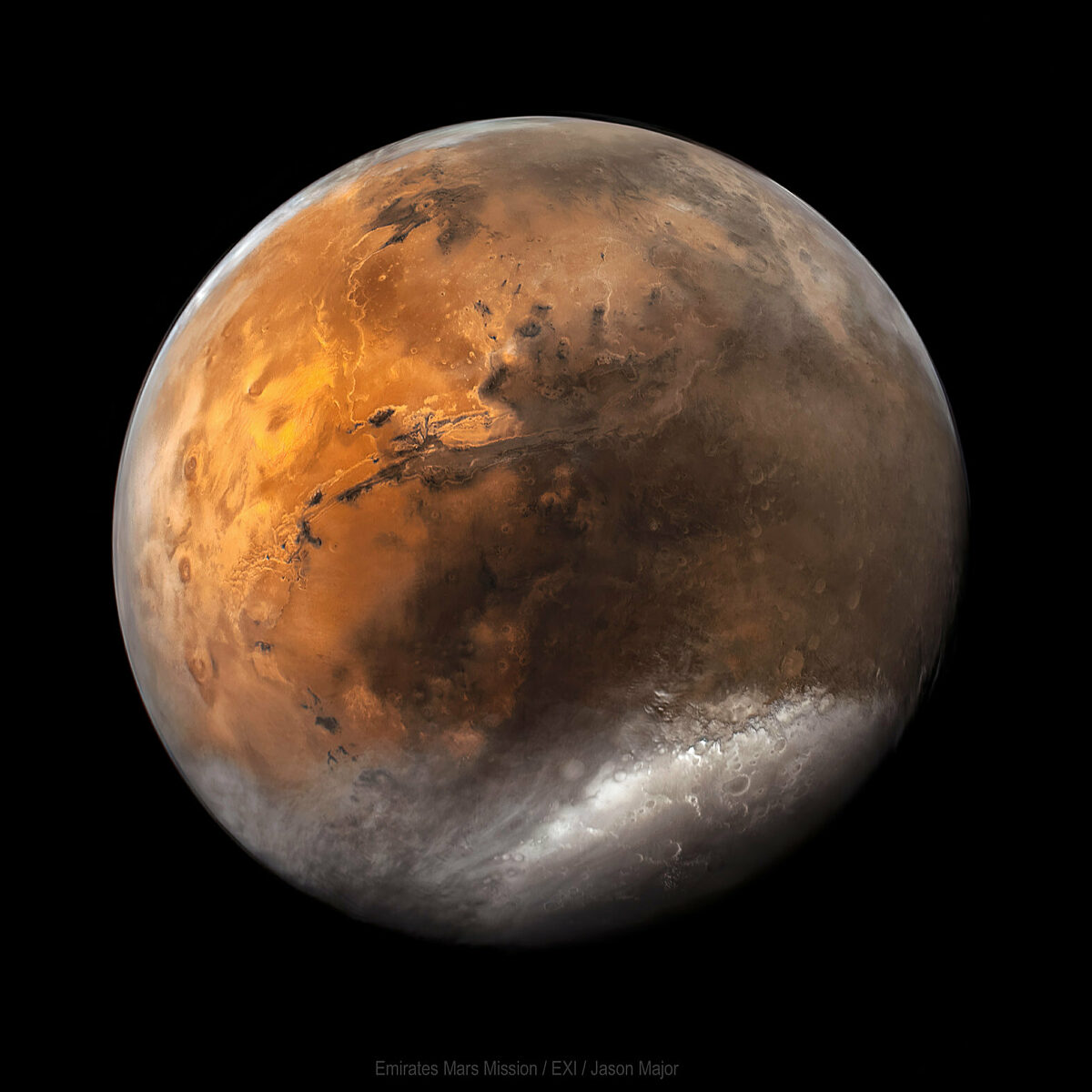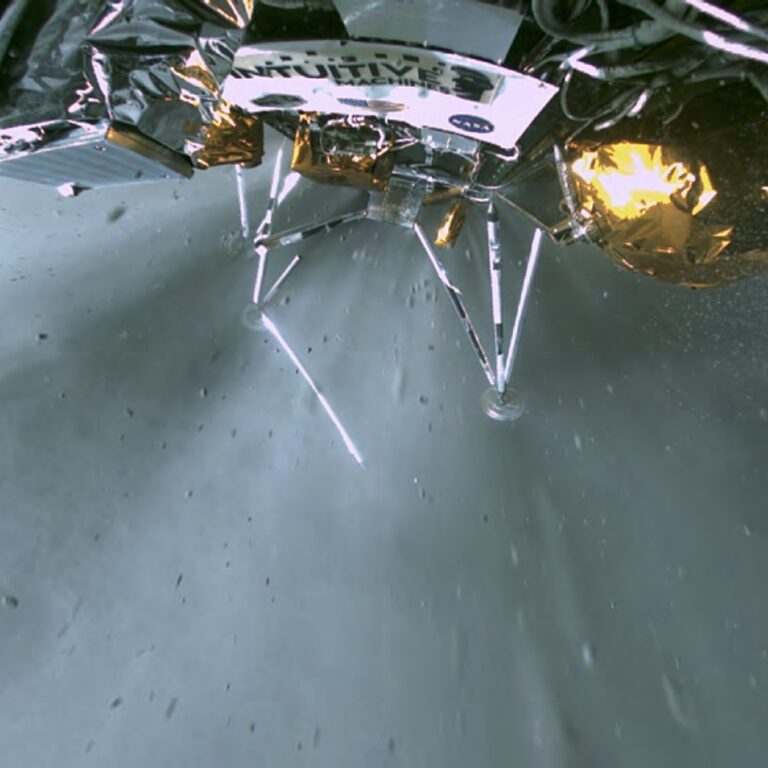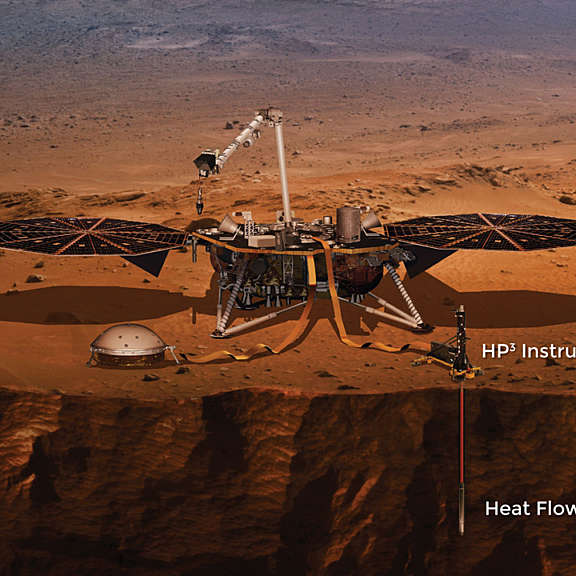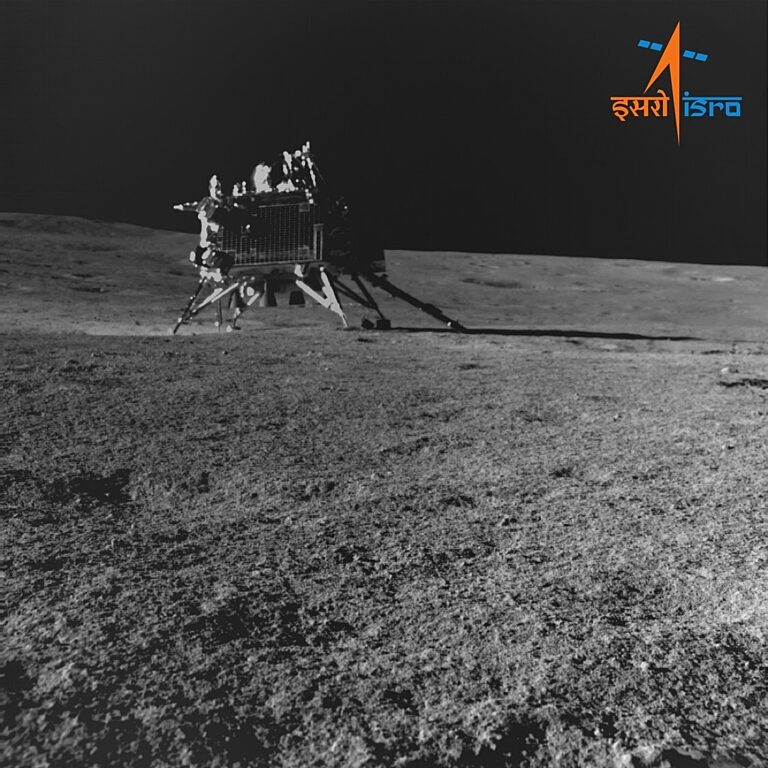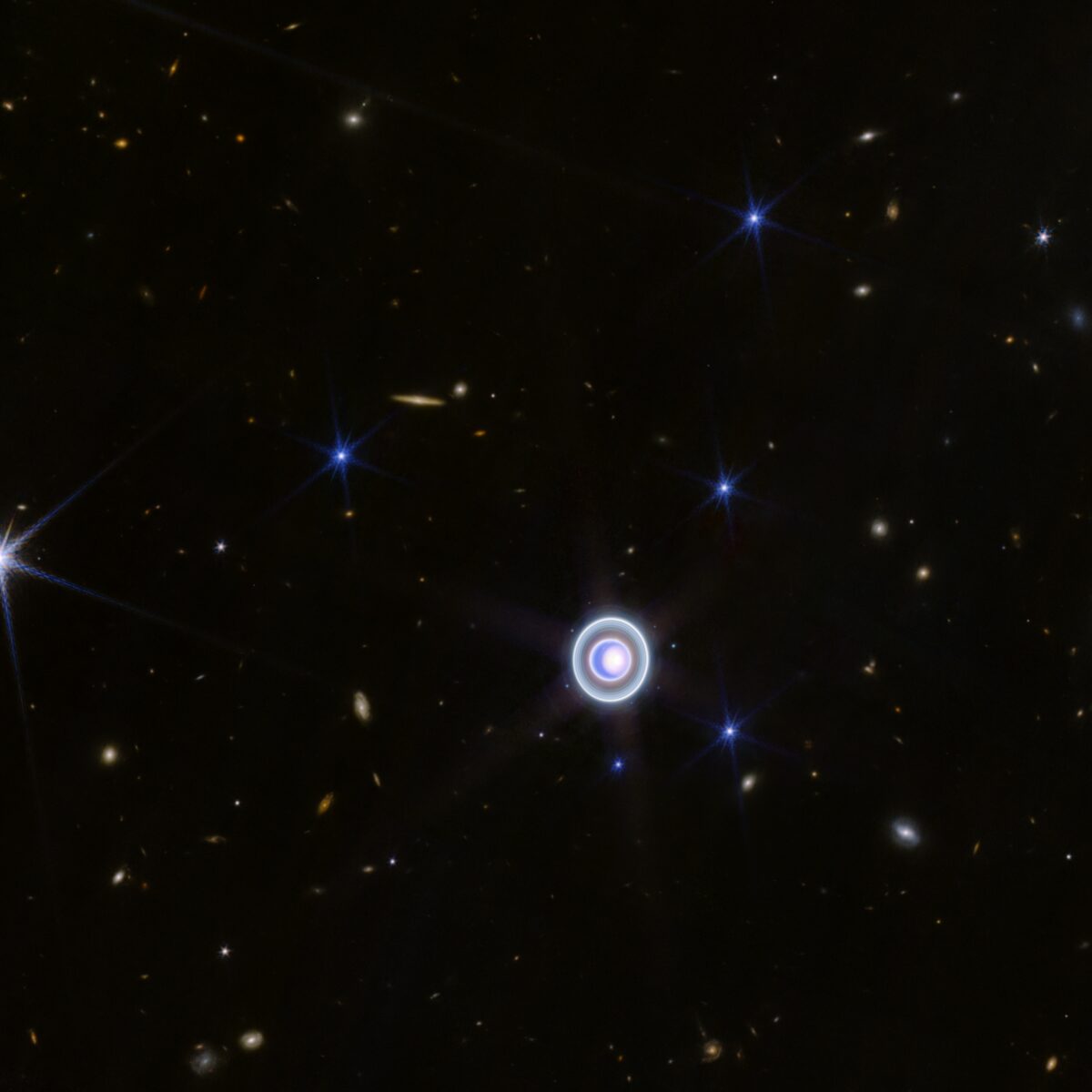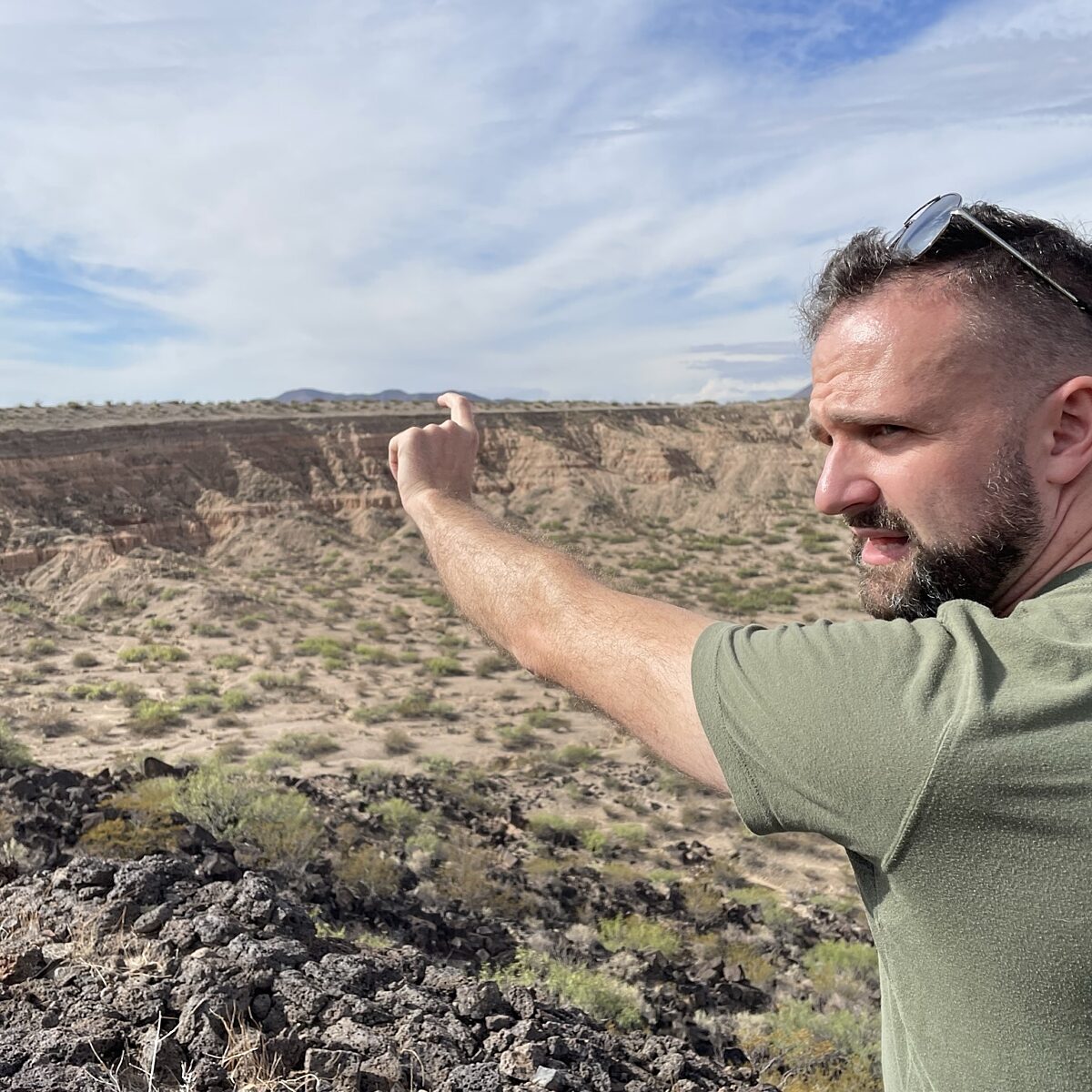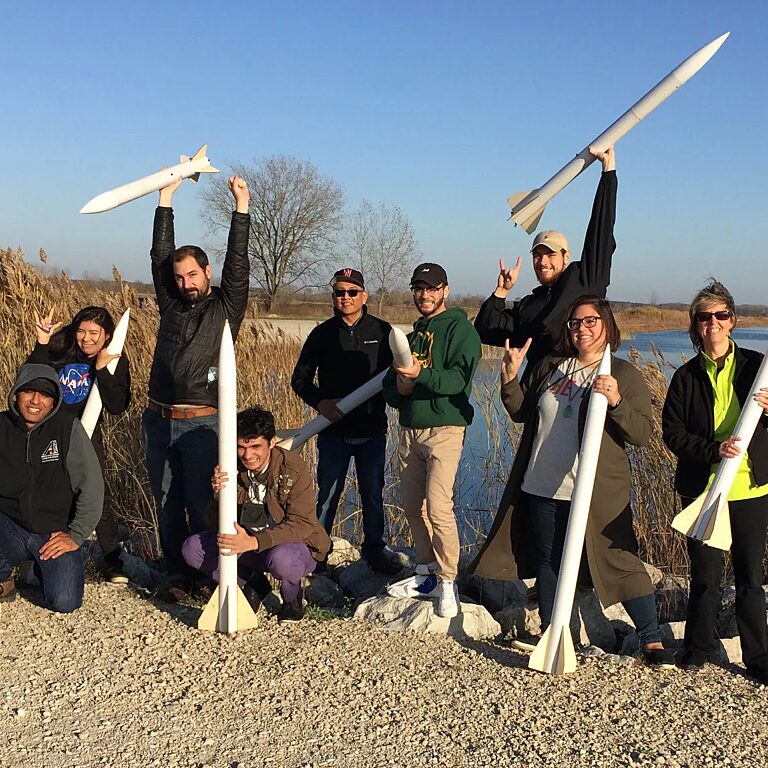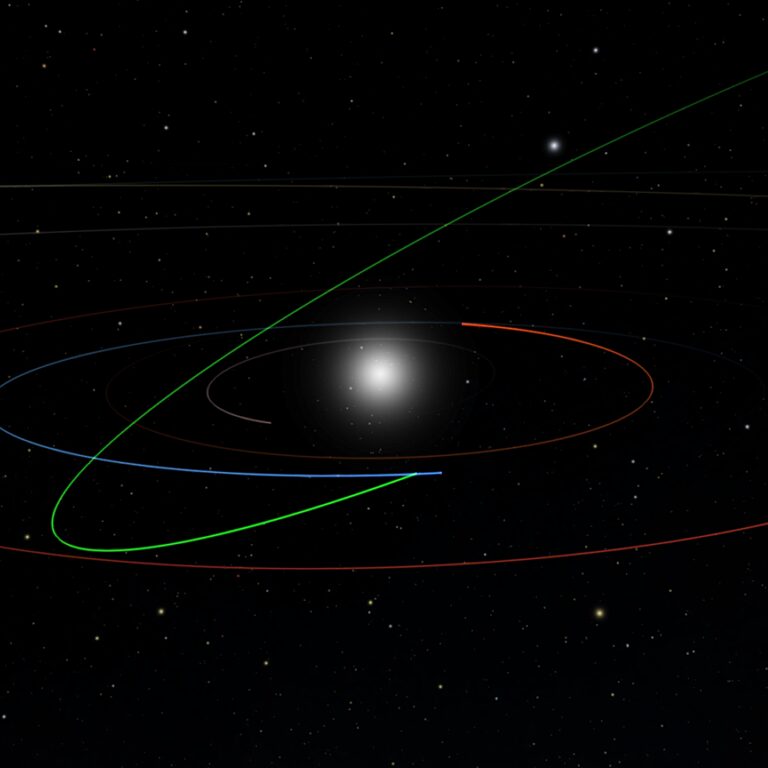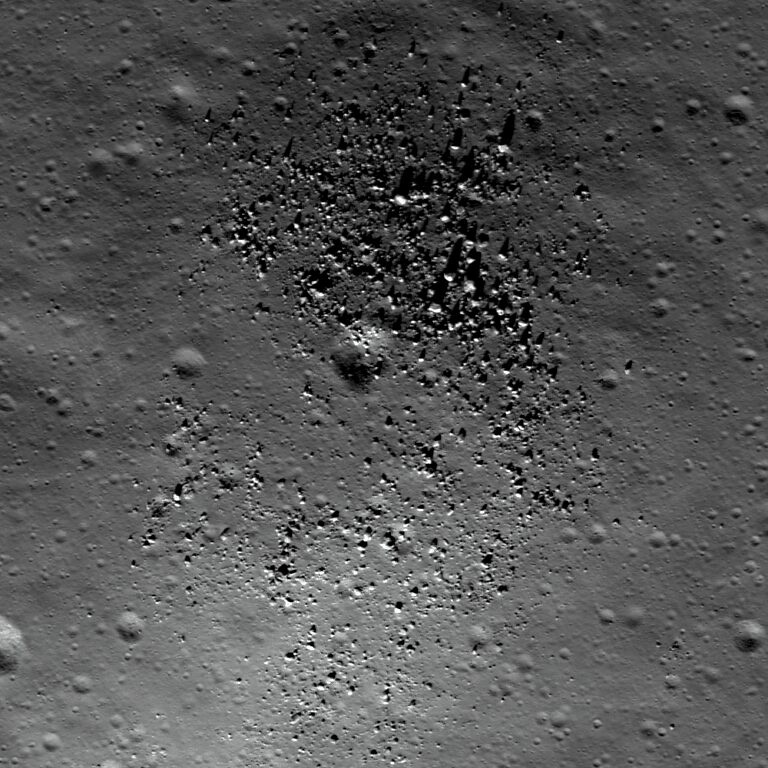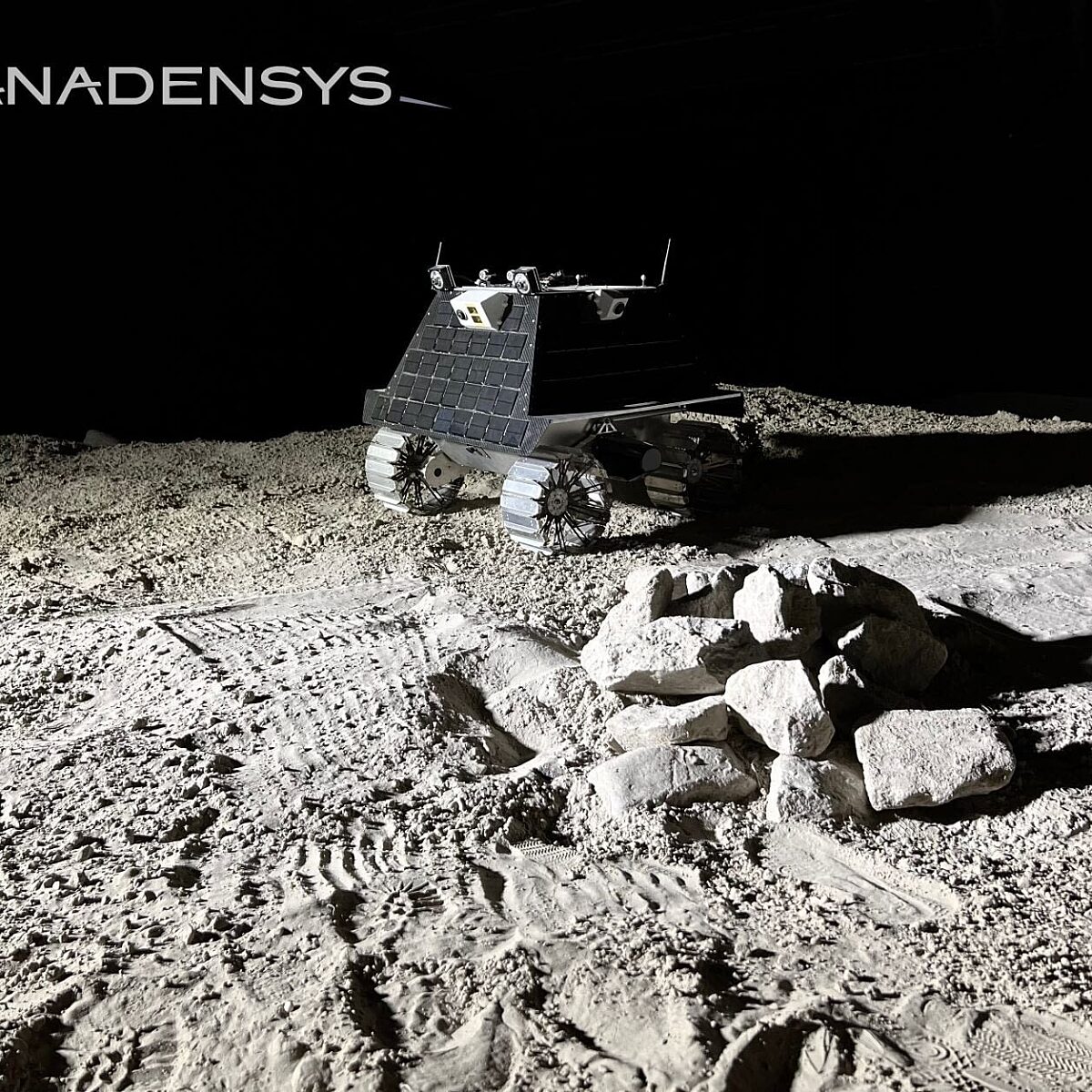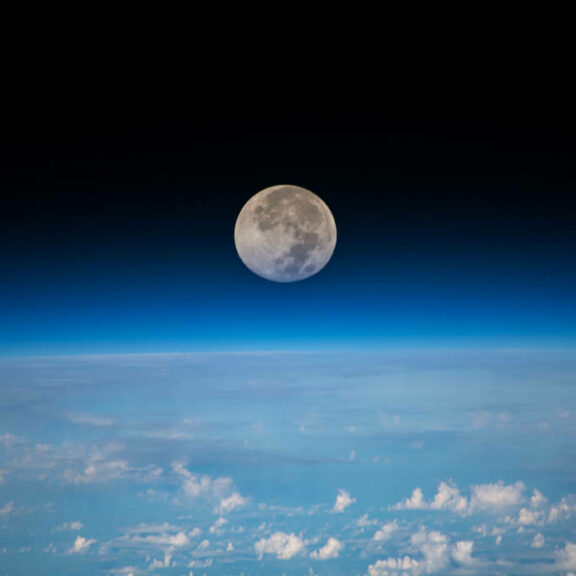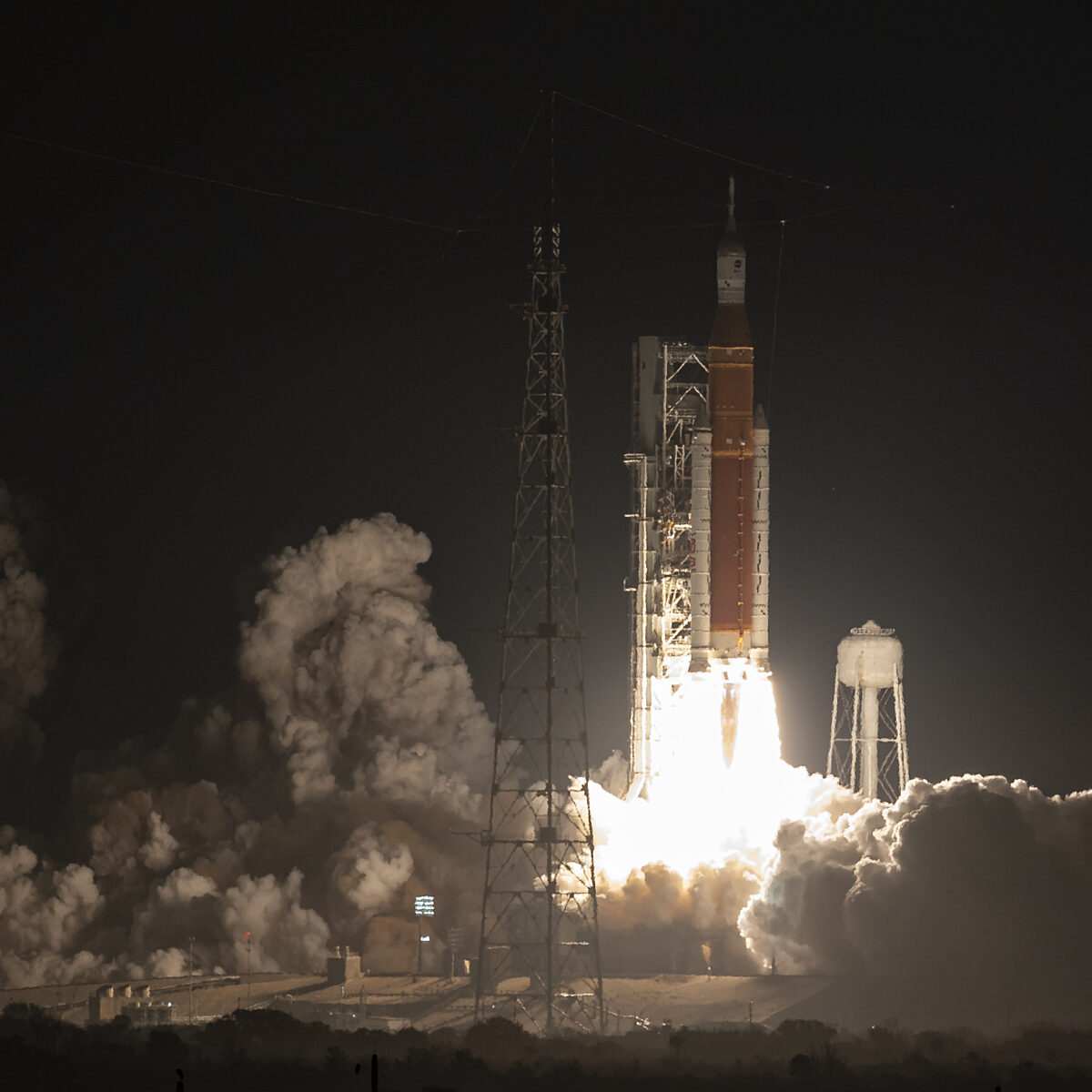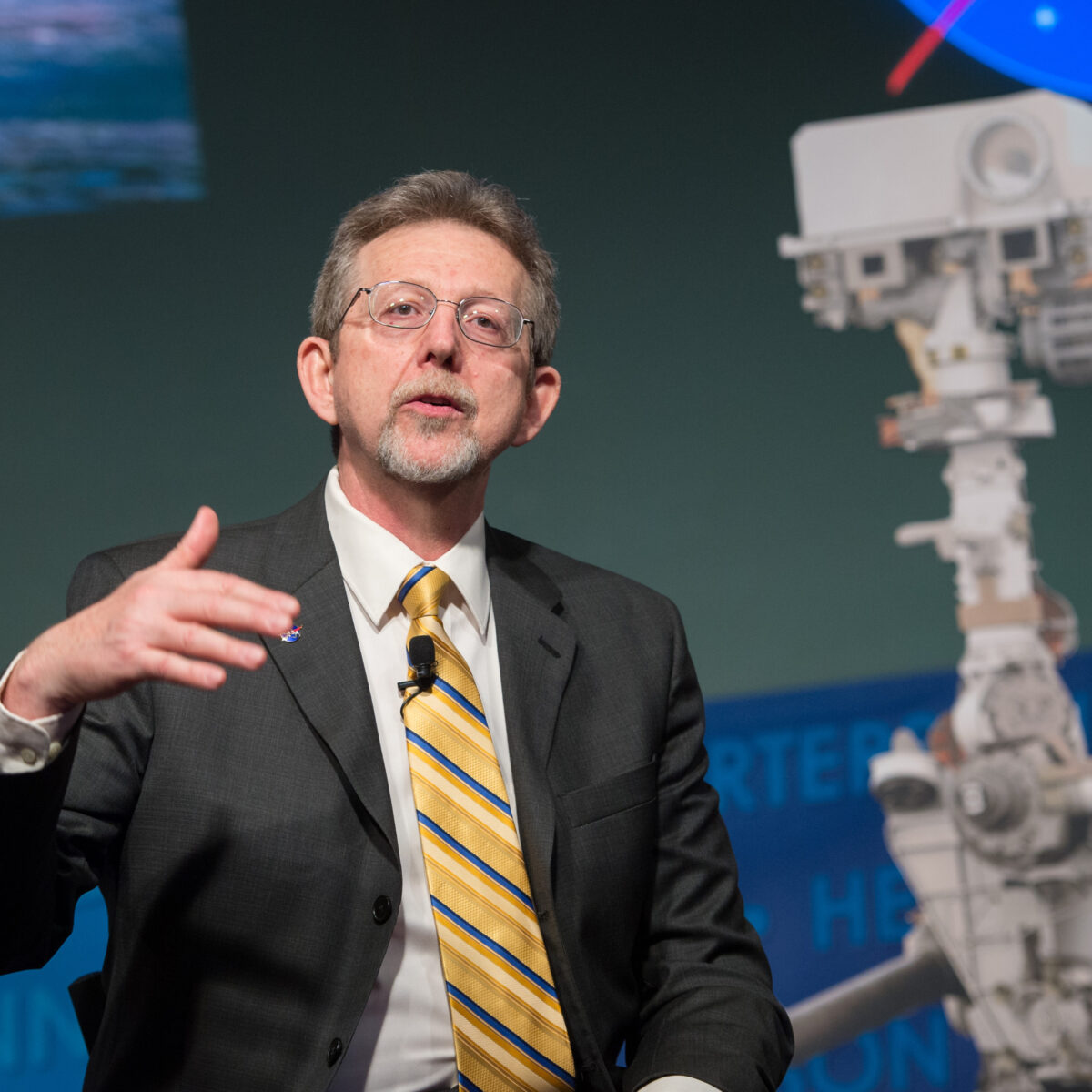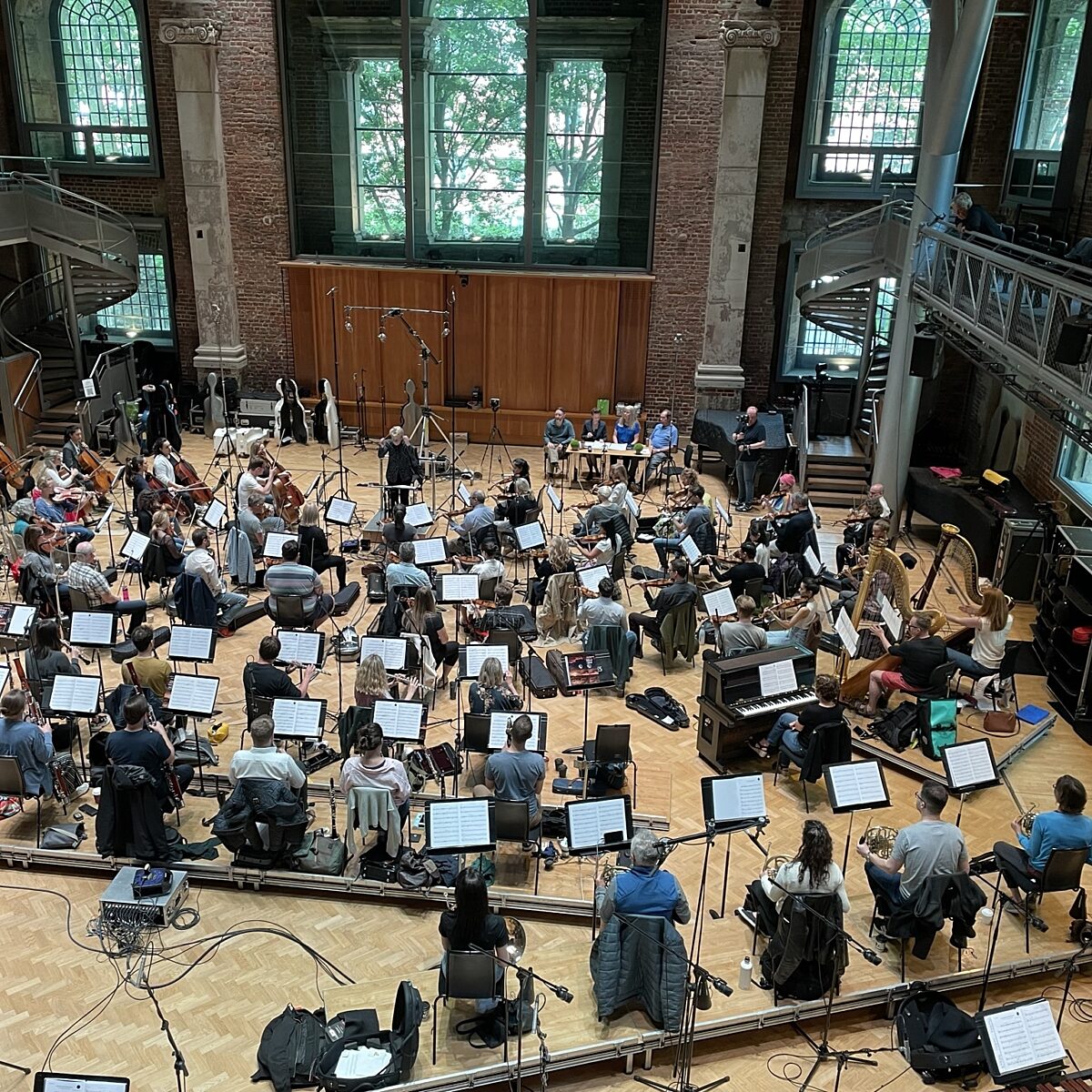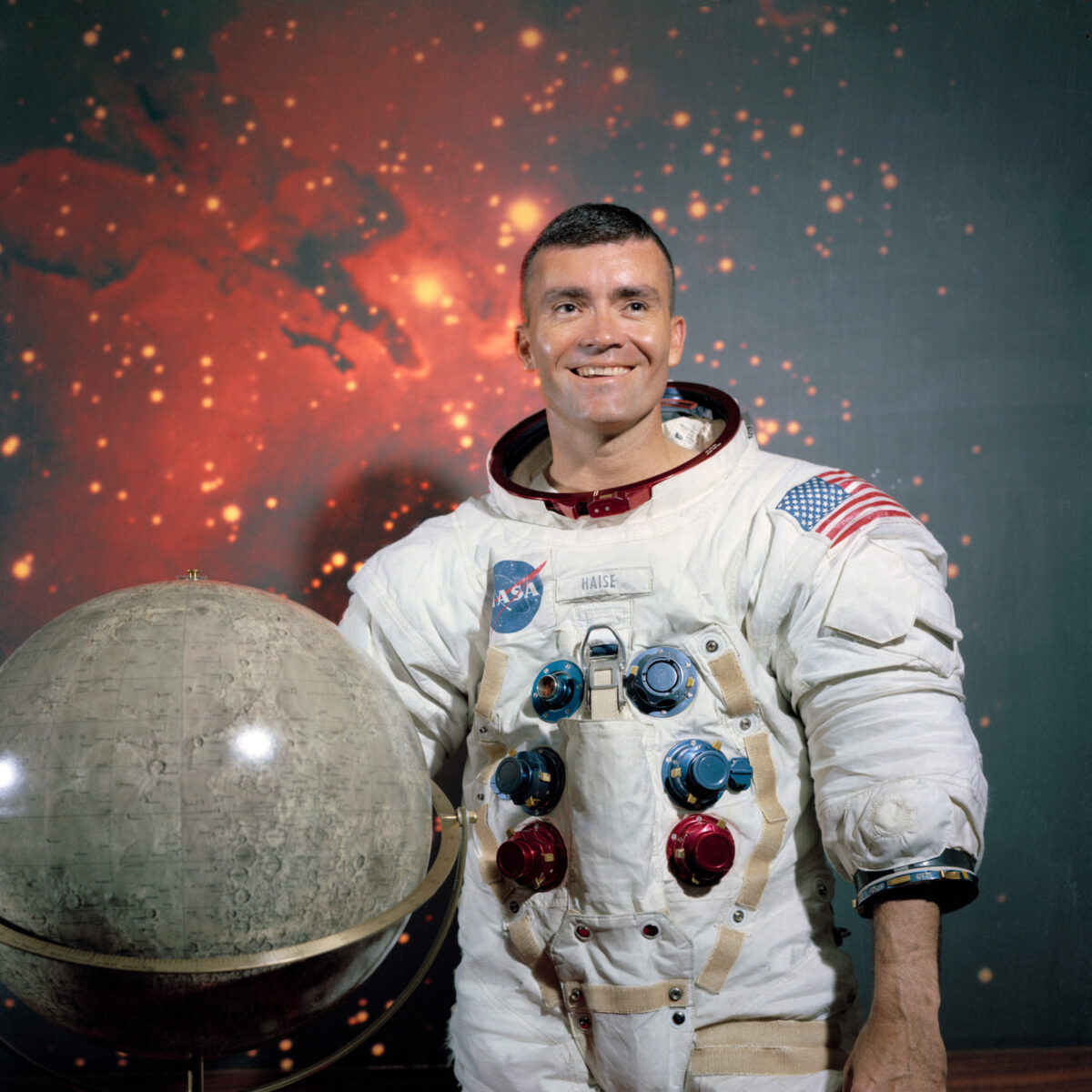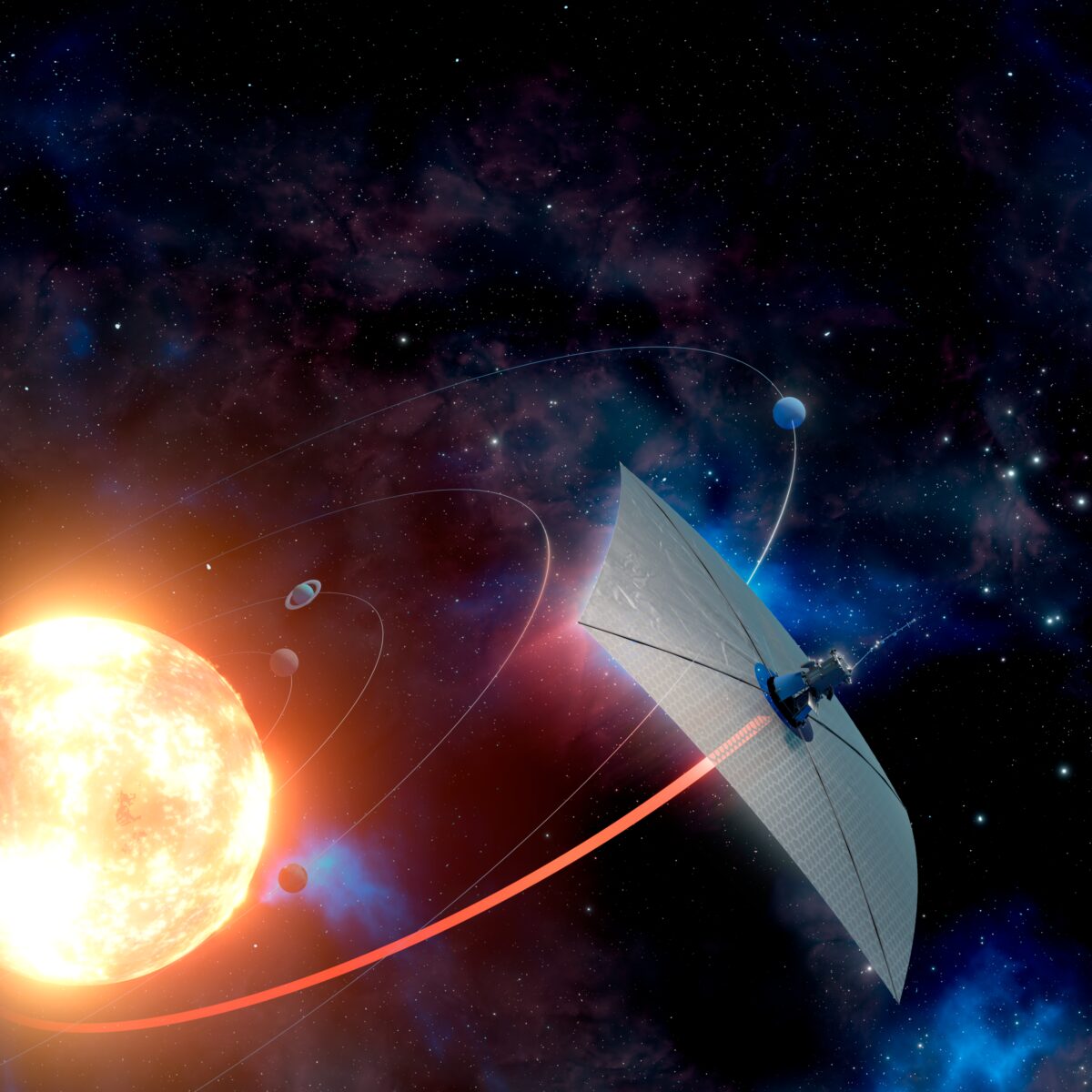Since 2002, Planetary Radio has visited with a scientist, engineer, project manager, advocate, or writer who provides a unique perspective on the quest for knowledge about our Solar System and beyond. The full show archive is available for free.
Search Planetary Radio
We share a conversation from the Humans to Mars Summit about integrating NASA and its partners as humanity looks to build a permanent and sustainable human presence on Mars.
Should policymakers spend more time looking - really looking - at the Moon? Chris Cokinos thinks so. He’s the author of a new book, Still As Bright, which explores the evolving role of the Moon in our culture, our history, and our dreams of spaceflight.
Science historian Dr. Matt Shindell joins the show to discuss the unique era of commercial lunar exploration, and how planetary exploration has evolved and can continue to evolve on and around the Moon.
Sabine Stanley, author of the new book "What's Hidden Inside Planets?", discusses some of the amazing things that lie under the surfaces of the worlds in our Solar System.
UK-based space writer Gurbir Singh, author of the book The Indian Space Programme: India’s Incredible Journey from the Third World towards the First, joins the show to help us understand India’s growing ambitions and capabilities in space.
Members of The Planetary Society staff revisit some of 2023's most exhilarating moments and groundbreaking discoveries in space this week on Planetary Radio.
Mat Kaplan, Planetary Radio's creator and former host, takes us on an adventure with planetary geologist Kirby Runyon as they tour New Mexico, U.S.'s varied geology and compare it to other worlds.
Steven Smith, an Education Specialist from NASA's Science, Technology, Engineering, and Mathematics (or STEM) Program, joins Planetary Radio to share some of the unique opportunities available for students in the lead-up to humanity's return to the Moon.
Kelly and Zach Weinersmith join Planetary Radio this week to discuss their new book, A City on Mars: Can We Settle Space, Should We Settle Space, and Have We Really Thought This Through?
Join Planetary Radio host Sarah Al-Ahmed on a trip to the 2023 NASA Innovative Advanced Concepts (NIAC) Symposium in Houston, Texas. This episode is part one of two.
Mario Jurić and Ari Heinze from the University of Washington join Planetary Radio to discuss their team’s next-generation asteroid discovery algorithm, HelioLinc3D.
Matt Siegler from the Planetary Science Institute shares his team's surprising findings about the granite formation that might lie beneath Compton-Belkovich, a thorium-rich hot spot on the far side of the Moon.
Director of Canadensys West Peter Visscher fills us in on the upcoming Canadian lunar rover. Visscher has been working on the rover for years.
Dr. Matt Daniels of the White House's Office of Science and Technology Policy joins the show to discuss the White House’s new cislunar space strategy, its ambitions, and implications for the future of lunar exploration and development.
Jeremy Graeber, the assistant launch director at Kennedy Space Center in Florida, joins Planetary Radio to recount his experience on the night of Artemis I’s historic launch.
The former director of NASA’s Planetary Science division, Jim Green, retired as the agency’s chief scientist in January. This episode opens with a special announcement from host Mat Kaplan.
Join us for Planetary Radio Live at Imperial College London!
Fred Haise takes us on board the mission that almost didn’t make it home from the Moon and shares many other stories.
Building the next spacesuit for Moon walkers, and a shipboard update on how the Artemis 1 Orion capsule will be recovered from the Pacific Ocean.
Here’s our sampling of the leading edge research presented by NIAC Fellows at NASA’s 2021 virtual gathering.


 Explore Worlds
Explore Worlds Find Life
Find Life Defend Earth
Defend Earth


